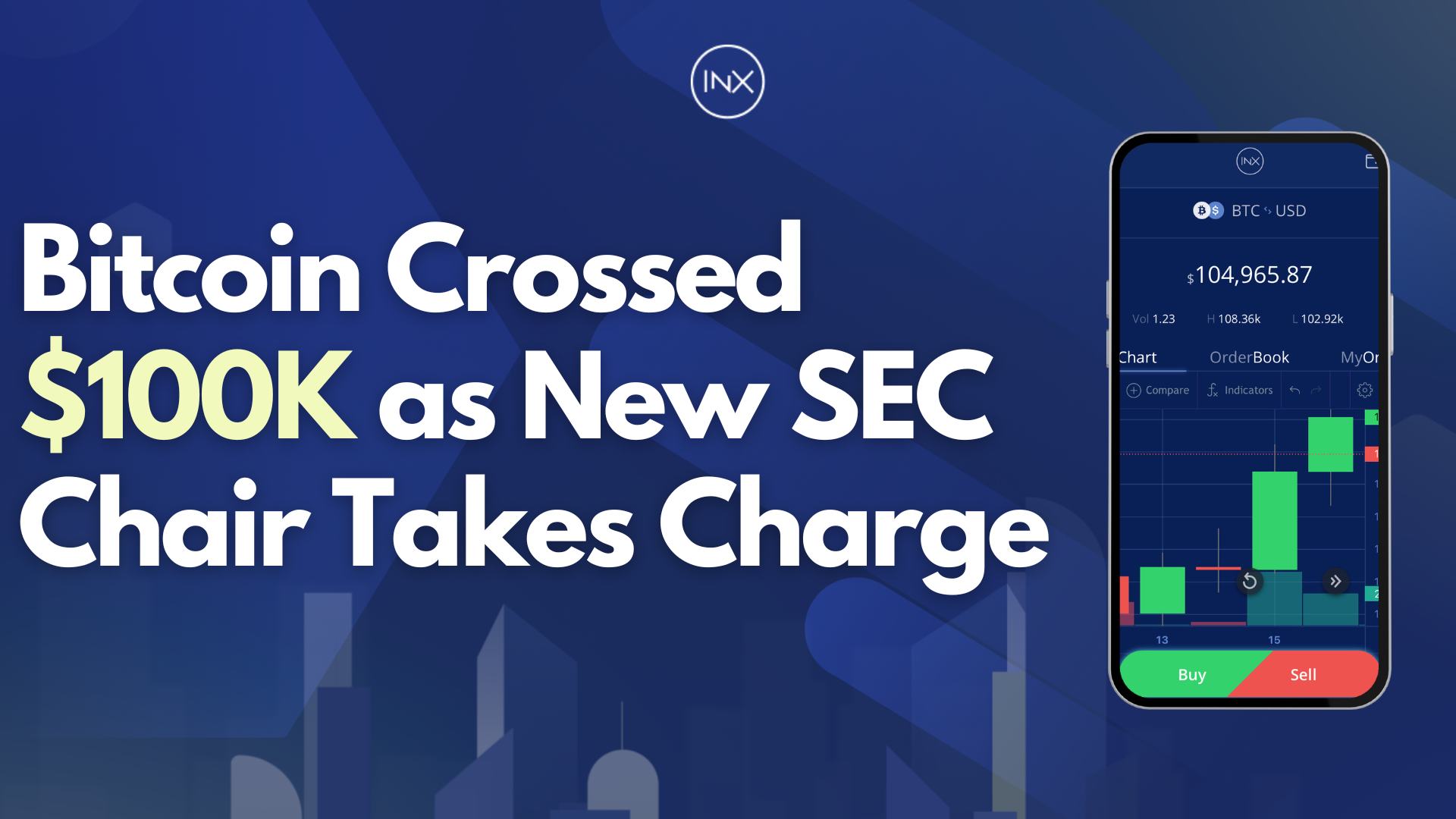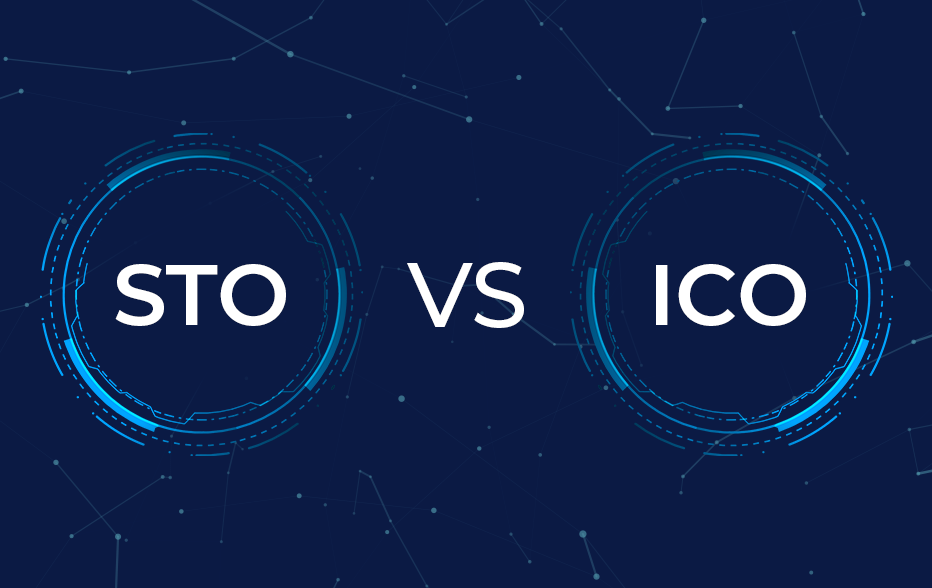How An Institutional Embrace Signals A Flight to Quality For Digital Assets

In 2024, the financial landscape is on the cusp of a revolution. As institutions rally behind digital assets, we are witnessing a pivotal shift towards a more mature, quality-focused investment era. This institutional embrace could well redefine investment and asset trading as we know it. There’s no question that a seismic shift is underway, pushing digital assets that much closer to the heart of financial markets. Perhaps the clearest example of this is the buzz over a much-anticipated approval for a Bitcoin spot ETF in the US, an approval many believe is finally around the corner. Institutional investors are now diving deep into digital assets, not just with Bitcoin but also with the tokenization of real-world assets, ushering in an era where traditional investments and digital innovation converge.
Bitcoin ETFs are not uncharted territory; they’ve already made their presence known in countries like Canada and Switzerland. Yet, the prospect of a spot Bitcoin ETF in the United States carries a different weight, offering the SEC’s stamp of approval on Bitcoin. This potential nod from one of the world’s most influential financial regulators could provide a substantial confidence boost to both US and international institutional investors, encouraging more widespread and confident trading of Bitcoin.
At the forefront of this push is Blackrock, the financial titan with trillions in assets under management. Their involvement is significant—it’s not just an endorsement but a signal to the market of the enduring value and potential of Bitcoin. Not only is Blackrock leading the charge for a Bitcoin ETF, but its CEO, Larry Fink, is doing the rounds on TV singing the praises of Bitcoin and digital assets. His bullish stance is not just a personal conviction but a strategic move that resonates throughout the financial sector. Fink’s view of Bitcoin as a ‘flight to quality’ asset has captured the attention of investors worldwide, setting a tone of trust and legitimacy around its potential.
Fink’s enthusiasm extends beyond Bitcoin, embracing the broader concept of tokenization of real-world assets. He envisages a future where markets evolve through the tokenization of securities, transforming everything from stocks to real estate into tradeable digital tokens. This support underscores a commitment to innovation, indicating a transformative leap forward for how securities could be handled in the near future.
By bringing together the concept of tokenization with the clout of institutional investment, the future of digital assets is being reimagined. Gone are the days of the ‘altcoin casino’—the future is structured, regulated, and infinitely more reliable. There is also a palpable potential in tokenizing ETFs themselves. Imagine baskets of stocks, bonds, real estate, and even historically illiquid assets like art and collectibles, all tokenized and traded round the clock on blockchain platforms. This is not just a fanciful prediction; it is a possibility that is being carefully constructed by the financial architects of our time.
One of the welcome side effects of the entrance of high-pedigree investors like Larry Fink could be the total restructuring of digital asset market cycles as a whole. Every cycle of digital assets has followed a predictable pattern—a manic upswing followed by an equally dramatic drop. Such volatility is expected from nascent, high-risk sectors. However, the entrance of investment heavyweights like Blackrock, the promise of ETFs, and the structured emergence of tokenized assets suggest that the next cycle will deviate from this pattern. Instead of the boom-and-bust cycles of the past, the future is likely to be characterized by sustainable, long-term growth.
By pivoting away from its wild-west origins towards a mature future, blockchain-based finance can finally carry out its vision of democratizing wealth creation. If the 18 months have taught us anything, it’s the occupational hazard of an industry prioritizing quick profits over lasting value. Many pioneering firms crumbled under mismanagement or fraud, clouding the sector’s reputation.
Now, as institutional giants like Blackrock step in, the tide is turning. Their push for a Bitcoin ETF and the rise in tokenizing tangible assets signal a market coming of age. This isn’t just about adopting traditional finance’s playbook—it’s about reshaping it. With such players on board, we’re steering towards a future where the digital asset market’s growth is as strategic as it is innovative.
This evolution points to a market that’s growing wiser, shaking off its wild early days and marching toward a future that fulfills blockchain’s initial aim: to offer open, equitable financial opportunities. It’s a maturing space where the exuberance of youth meets the prudence of experience, heralding a bright horizon for all investors.

Itai Avneri November 20, 2023
Deputy CEO & Chief Operations Officer. Itai Avneri brings over 20 years of executive management experience to his role, and his commercial experience spans a number of technology and financial firms.





